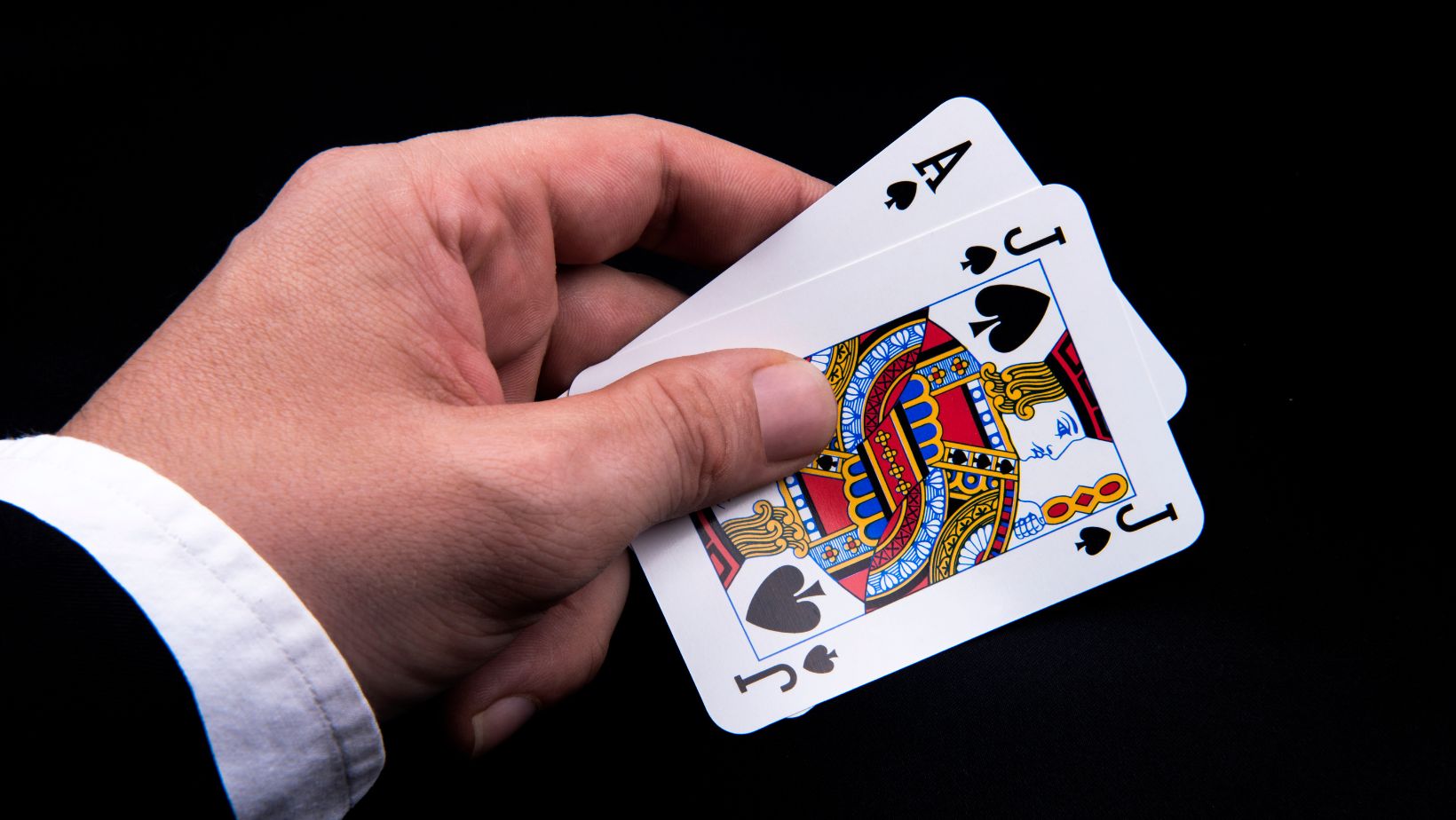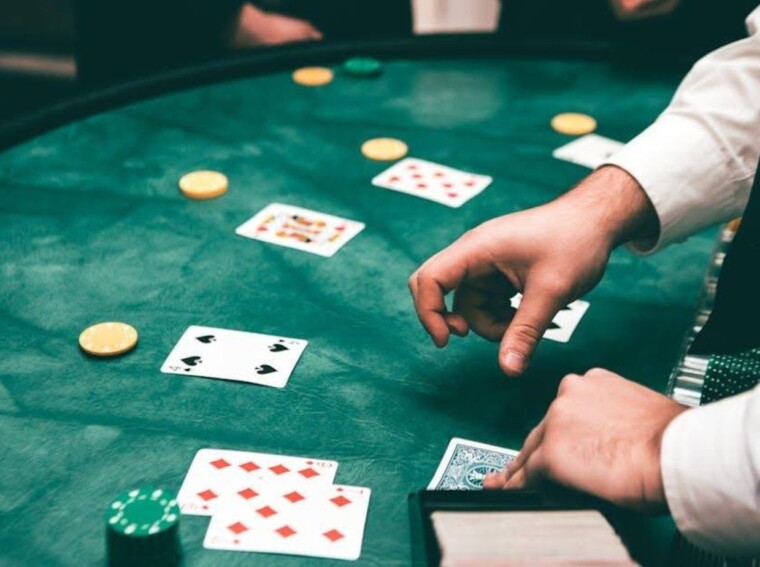As blackjack has spread across the world, it’s become massively popular. The rules are straightforward, and the game is easy to play but also strategic enough to make any wins highly satisfying. The game has a low house edge too, which, if you understand how to play well enough, you can turn to your advantage.
Online casinos have made the game even more popular, the ability to play for low stakes while getting a feel for the game has been a huge hit, 5$ deposit casino according to Martin Backhouse of Casino.org even enable players to get a 150% bonus. Below is a look at the different odds in blackjack, the importance of understanding them, and how this can have an impact on the game.
The Odds
The different elements of blackjack mean there are several different types of odds. Note that odds aren’t quite the same as probability. Whereas in blackjack, the odds represent the payout for a hand, the probability refers to the likelihood of you winning a game, although the two terms are used interchangeably a lot. Here are some different odds and probabilities to be aware of and how they can impact the game:
The House Edge
This is the first major statistic you need to understand and is the advantage the casino has over the player. Blackjack has one of the lowest house edges of all casino games, which can be as low as 0.5%. This is because the dealer relies on the same amount of skill and luck as the player.
If you’re playing with a single deck, the house edge is lower, which bumps up the odds in the player’s favor. Some casinos will reduce this by implementing their own rules and guidelines, such as restricting splitting or doubling down. Playing with two decks increases the house’s edge.
You can reduce the house edge by using basic strategy, which entails calculating the mathematically optimal strategy for each hand. You can also reduce it by choosing tables that have more player-friendly rules.
The Odds of the Player Going Bust
The object of blackjack is to get closer to 21 than the dealer. Going over 21 is called “going bust,” and you need to understand how probable this is.

Of course, you’ve got to understand your own hand to assess the chances you’ll go bust. If you have a hard 16 — i.e. 16 either without an ace or without a flexible ace — the chances of going bust are in the 60s, percentage-wise. It’s a difficult hand to play and each card will take you closer to 21, but the more you understand your own hand, the better your decisions at the table will be.
House Odds of Dealer Going Bust
If the dealer has an up-card of 2 or 3, there’s a high chance they’ll go bust. It’s around 35 and 38% respectively. Some tables will list the odds of up-cards. If you’ve got a good memory, you could go around the tables, have a look, and then choose the tables with the highest probability of going bust.
Odds of Getting a Natural Blackjack
Being dealt a natural blackjack, which is when the first two cards you receive make 21, would be perfect. However, the odds of it happening are very low at around 4 to 5%. If it does, you’ll get a lovely payout, but if you don’t understand how unlikely it is to happen and keep betting on a natural blackjack, you’ll blow through your money quickly and have nothing to show for it by the end of your session.
Odds of Winning at Blackjack
Perhaps more important than all the odds and probabilities discussed above is: what are the odds of winning in blackjack? The good news is that, in blackjack, the odds are closer to even, despite the house edge. In blackjack, they’re in the lower forties. The house’s odds are in the higher forties. The chances of a draw are around 8%. It all depends on the rules, the number of decks in play, and the number of cards dealt to you and the dealer.
There are several different odds in blackjack. Understanding them will help you to make better decisions. One of the best strategies in blackjack is to apply basic strategy and try to reduce the house edge as much as possible. Note that some casinos will be more than aware of this and may apply strict rules so that players can’t gain an unreasonable edge over the casino.
